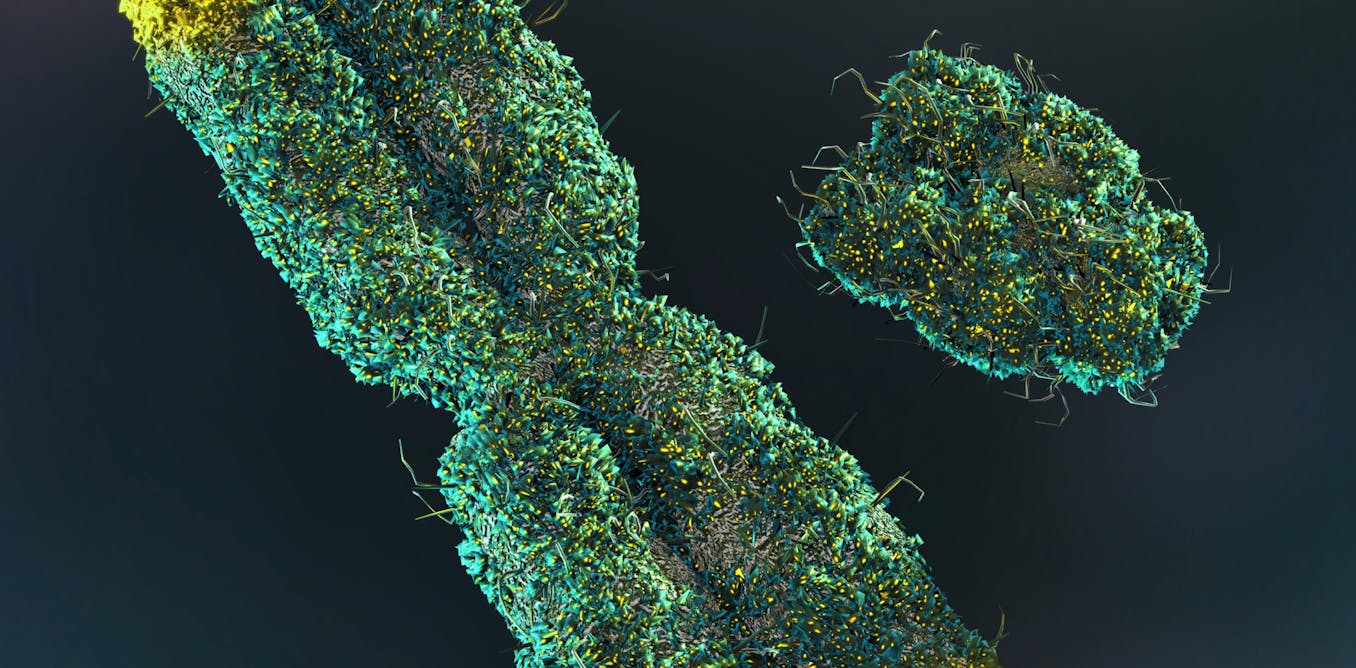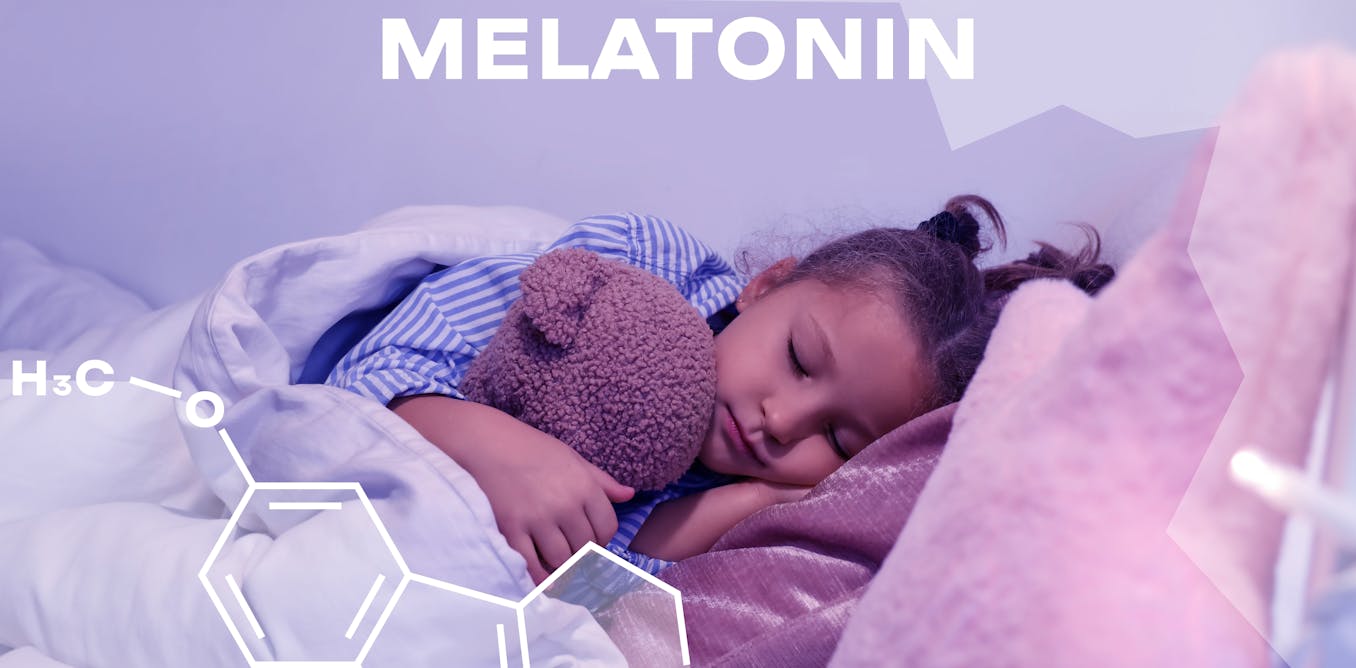For decades, psychiatrists have treated psychosis as if it were separate conditions. People experiencing hallucinations and delusions might be diagnosed with schizophrenia, bipolar disorder, severe depression and related diagnoses, and receive completely different treatments based on diagnosis. But new research suggests this approach may be fundamentally flawed.
Our latest study, published in Jama Psychiatry, reveals that the brain changes driving psychotic symptoms are remarkably similar across these supposedly distinct mental health conditions. The findings could change how doctors choose treatments for the millions of people worldwide who experience psychosis.
Psychosis itself is not a disease, but rather a collection of generally deeply distressing symptoms, where people may struggle to distinguish reality from normal perception. They might hear voices that are not there, hold false beliefs with unshakeable conviction, or find their thoughts becoming jumbled and incoherent. These symptoms are new in onset, and terrifying – regardless of whether they occur alongside depression, mania, or without these mood symptoms.
We studied 38 people experiencing their first episode of psychosis with mood symptoms, comparing them with healthy volunteers. Using sophisticated brain scanning technology, we measured the synthesis of dopamine – a brain chemical tied to motivation and reward – in different regions of the brain.
We found that while most people with manic episodes showed higher dopamine synthesis in emotion-processing areas of the brain compared to those with depression, there was a common pattern across all participants: higher dopamine synthesis in thinking and planning regions were consistently linked to more severe psychosis symptoms (hallucinations and delusions), regardless of their official diagnosis.
This discovery challenges some aspects of modern psychiatric practice. Currently, treatment decisions rely heavily on diagnostic categories that may not reflect what is actually happening in people’s brains. Two people with identical symptoms might receive entirely different drugs simply because one was diagnosed with bipolar disorder and another with depression.
Our study shows dopamine dysfunction is not uniform in psychosis. Moving beyond trial-and-error prescribing requires matching treatments to underlying biology rather than diagnostic categories alone.
Yurii Maslak/Shutterstock.com
Towards precision psychiatry
The implications could be profound. Rather than basing treatment solely on psychiatric categories, doctors might soon use biological markers to identify which drugs will work best for individual people. This approach, known as precision psychiatry, mirrors how oncologists already tailor cancer treatments to the genetic makeup of specific tumours.
For people with psychosis, this could mean faster recovery and fewer side-effects, by switching from drugs that do not work. Finding the right treatment often involves months of trying different drugs while people continue to suffer from debilitating symptoms.
Our research suggests people whose psychosis involves strong mood symptoms might benefit from drugs that target emotion-processing brain circuits, while those without mood disorders might need drugs that work differently on thinking and planning regions. Some people might even benefit from treatments that address cognitive problems alongside hallucinations and delusions.
This does not mean psychiatric diagnoses are worthless. They remain crucial for organising healthcare services, facilitating communication between professionals, and determining access to treatment. But they may no longer be the best guide for choosing medications.
The study involved a relatively small number of people, and the findings need to be replicated in larger groups before changing clinical practice. Still, this research represents a significant step towards a more scientific, biology-based approach to treating one of psychiatry’s most challenging symptoms.
As our understanding of the brain advances, the rigid categories that have dominated psychiatry for decades are beginning to blur. If the brain (and mother nature) does not respect diagnostic boundaries, neither should our treatments.

The post “Brain chemistry reveals psychiatry’s false divisions – new study” by Sameer Jauhar, Clinical Associate Professor, Imperial College London was published on 08/26/2025 by theconversation.com





































Leave a Reply